The ICWA (Indian Child Welfare Act) has been in place for more than 43 years. It was enacted in 1978 to protect Native American children from being unlawfully removed from their homes and placed with non-Native families. The ICWA prioritizes placement of Native children in the welfare system first with relatives, and then with other Native families before anyone else to preserve their family connections and culture.
The practice of stripping Native Americans, especially younger children, of their culture and separating them from their tribes has been around since the 19th century and continued for over a century. Off-reservation residential schools for Native children began in 1879 in the U.S. as a means to strip and rid Native American children of their culture in order to assimilate them into Euro-Western life.
From the establishment of the first residential school to the shutdown of all of them in 1996, an estimated 1,900 unmarked graves have been found, most of them of children. From then on, until the ICWA was implemented, there were over 150,000 cases of Native American children being unlawfully taken and placed in non-Native homes, and being restricted from connecting back to their tribe and previous home. These cases, as in many instances, had no evidence or reports of abuse and neglect in the child’s previous household.
For over four decades, the ICWA has been in place to protect Native children amidst reports that they were being taken out of their homes at a higher rate than any other racial group while making up a significantly smaller percentage of the population. Congress put the ICWA in place to allow tribal governments to oversee cases with Native children, and to protect them from being taken from their homes without evidence of needing to do so.
But in 2018, several states filed a lawsuit against the ICWA claiming it “violated the constitution” in what is now known as the case of Brackeen v. Haaland.
“The case was appealed by the federal government and four intervening tribal nations to the Fifth Circuit Court of Appeals. In Jan. 2019, 325 tribal nations, 57 Native organizations, 21 states, 31 child welfare organizations, Indian and constitutional law scholars, and seven members of Congress joined the United States and four intervenor tribes in filing briefs to urge the Fifth Circuit to uphold the Indian Child Welfare Act,” the Native American Rights Fund stated in 2019.
In August of 2019, a three-judge panel from the Fifth Circuit Court reversed the decision. The court recognized the uniqueness and importance of ICWA, affirming the constitutionality of the law. Late in November of the same year, the court decided to reevaluate the case in an “en banc.” When national and important laws are looked at by the Fifth Court, an en banc is a full-court reevaluation of the case, and in November 2019 the Fifth Circuit Court replaced the decision of the three-judge panel. As a response, 486 federally recognized tribes filed an “amicus” during court proceedings. In April of 2021, the court released a 325-page document explaining their decision to reverse the court’s ruling, explaining how the concept of “Indian child” did not operate on race and how parts of ICWA were unconstitutional. Throughout this court case, four petitions were signed by both sides of the decision.
In February 2022, the Supreme Court announced that they would accept all four petitions and would be reviewing them in November 2022 under the case name “Brackeen v. Haaland.”
Many are worried not only for the children of the tribes, but for the tribes themselves being at risk of getting wiped away by the government just as they were a century ago.
“I think that [ICWA] should probably stay in place,” Dean Thompson said. “It’s not very moral, and it’s dehumanizing if they just took away their rights like that.”
If this law is overturned by the Supreme Court, states will once again be allowed to separate Native children from their homes and place them into non-Native households, threatening tribes’ very existence. As was the case before the ICWA was put in place, this separation would cut cultural ties from the only people that can carry it on: the children.
“Overturning that act, that law, allowing people to take those Indigenous children out of their homes, strip them of their culture, rid them of their language and force them to only speak English, and cut their hair, that’s dehumanizing. Right?” Finn Drake-Sargent said. “In a way, it’s like a genocide of that culture.”
Native American people on social media as well as other activists are trying to spread the word of the potential overturning of the ICWA. However, these posts have not gotten as much attention and publicity as other news as of late despite being circulated since February after the Supreme Court announced the hearing.
The majority of experts believe that the Supreme Court will overturn the ICWA, just like they overturned Roe v. Wade. The ruling will not be decided until June 30, 2023. Many Native American families and children around the U.S. are scared to see how this ruling will turn out.
“The range of accusations the plaintiffs have shared alleging ICWA’s lack of constitutionality all fail under legal scrutiny,” Cherokee Nation Principal Chief Chuck Hoskin Jr. said in a statement presented on Oct. 17. “So for the court to overturn ICWA in this case would be a devastating blow not just to the welfare of our children, but to congressional authority, legal precedent and to the basic foundations of federal Indian law.”
Though many plaintiffs claim that the ICWA is unconstitutional, others believe it does not violate the constitution. This law has been in the hands of a huge debate since almost a decade ago. The public has been divided on whether the law is constitutional or not, as well as whether it’s needed.
“It’s not fair for the children to be taken away from their family and from their culture,” Austine Nichole said.


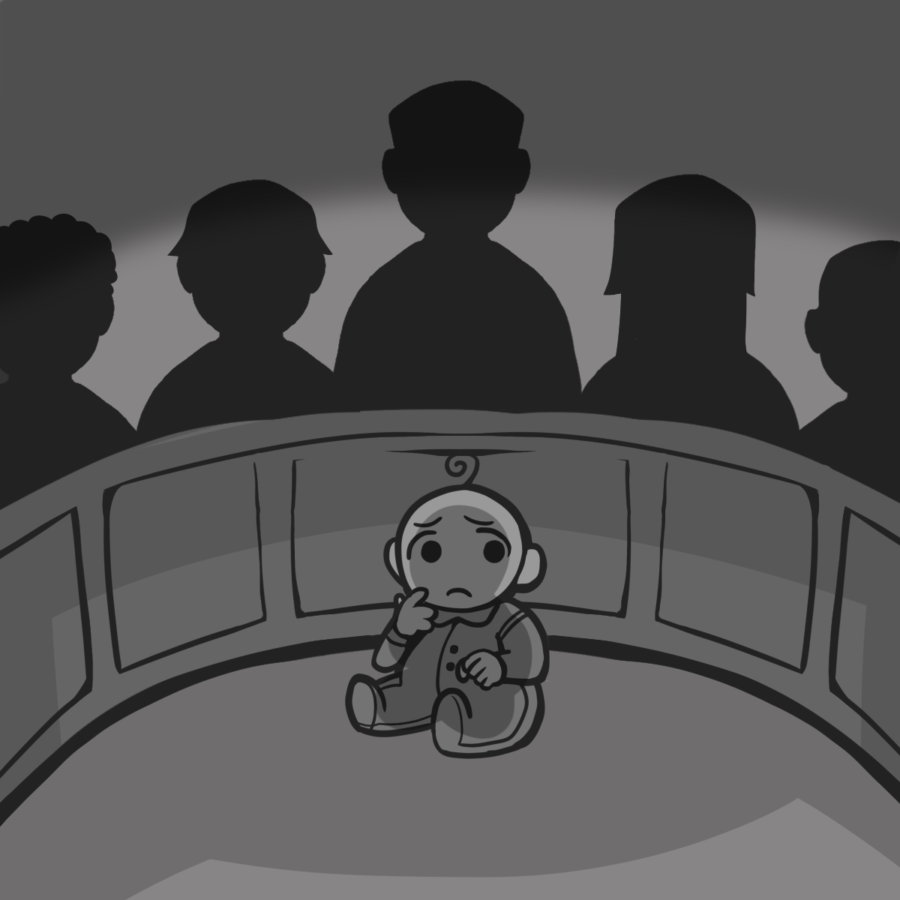

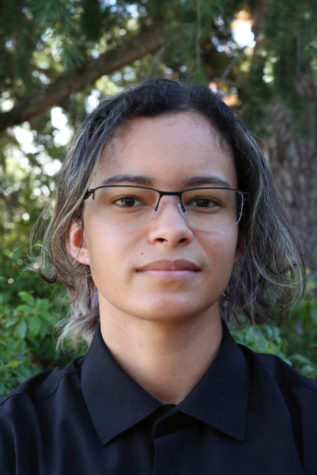
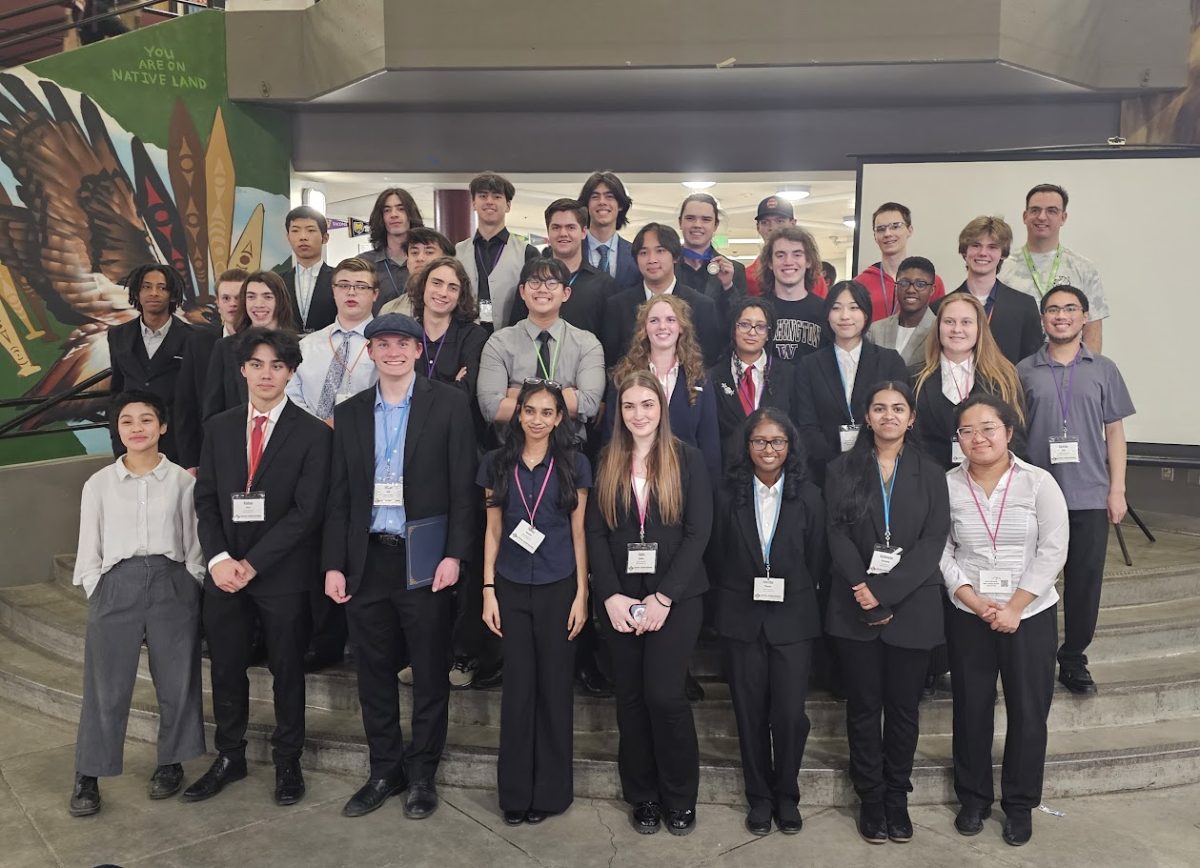
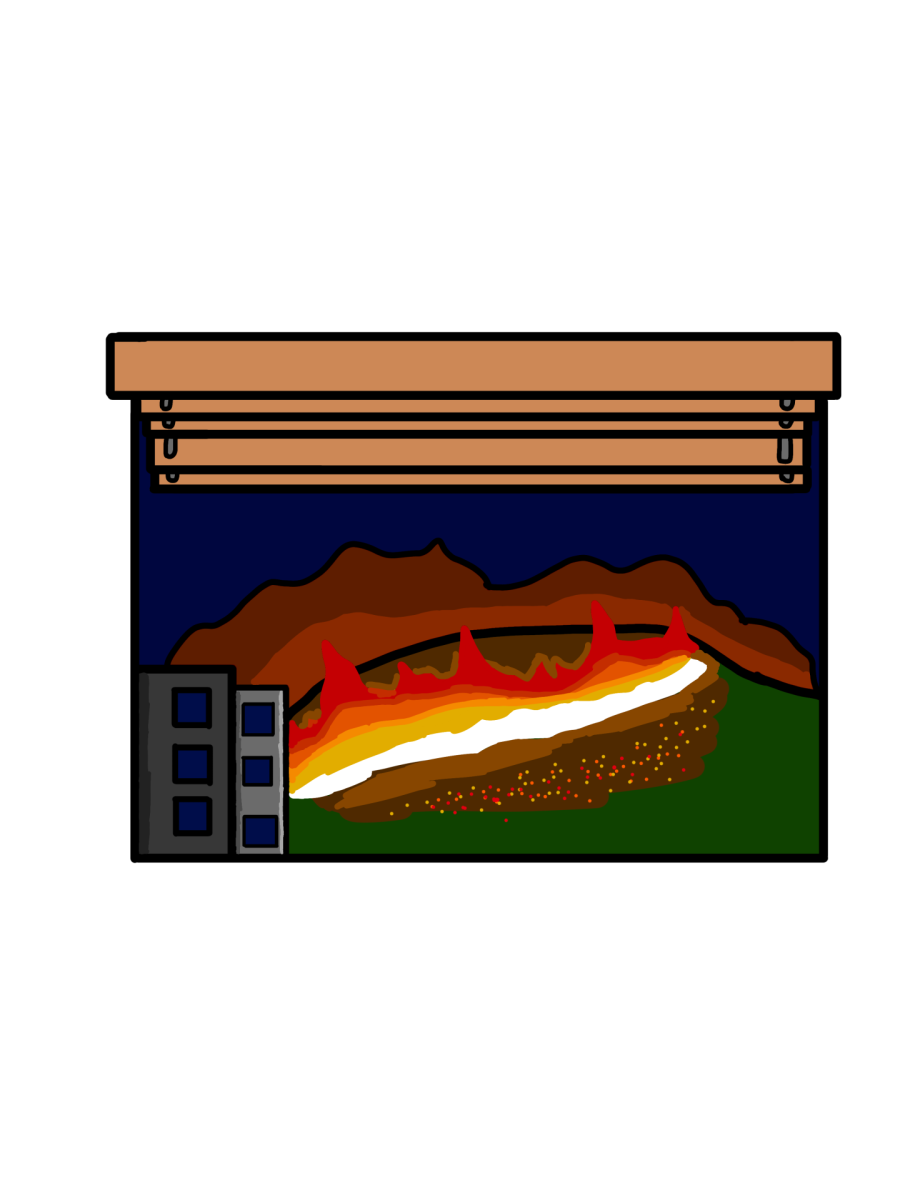
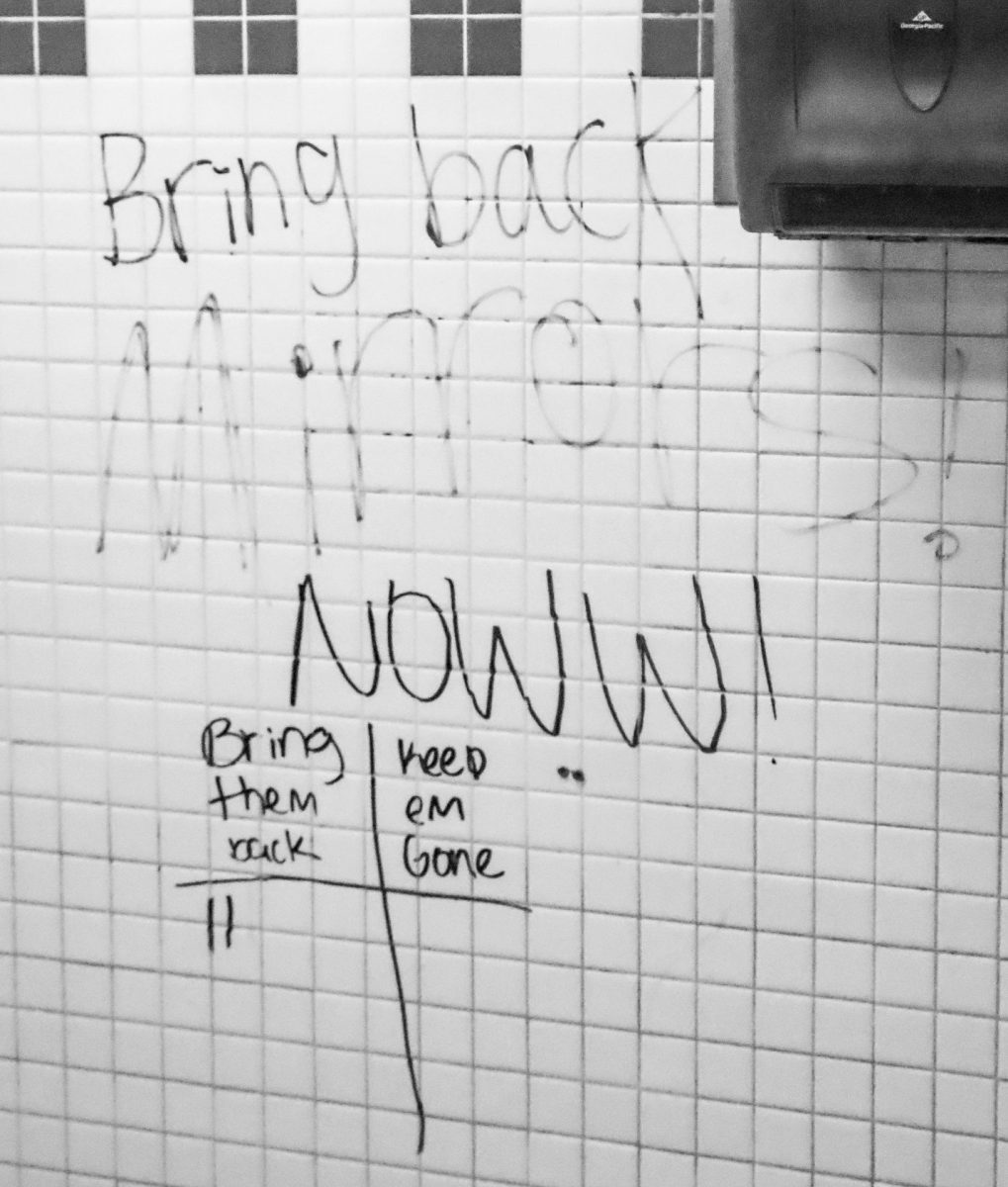
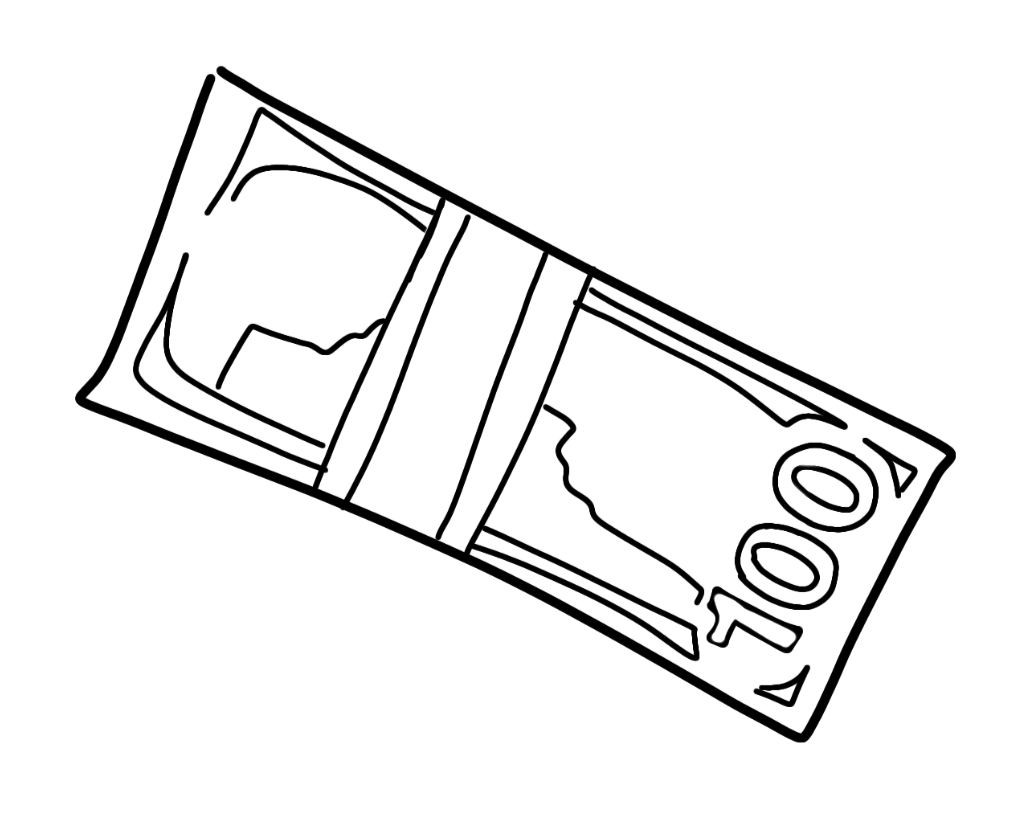
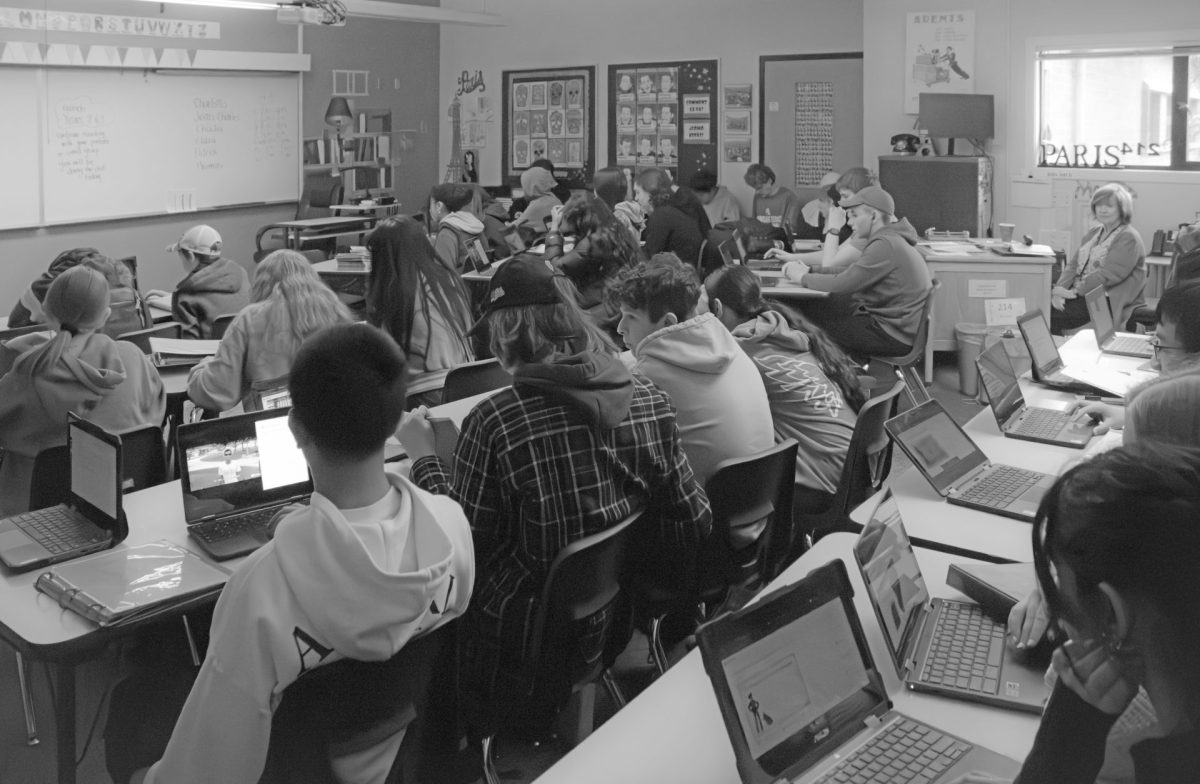
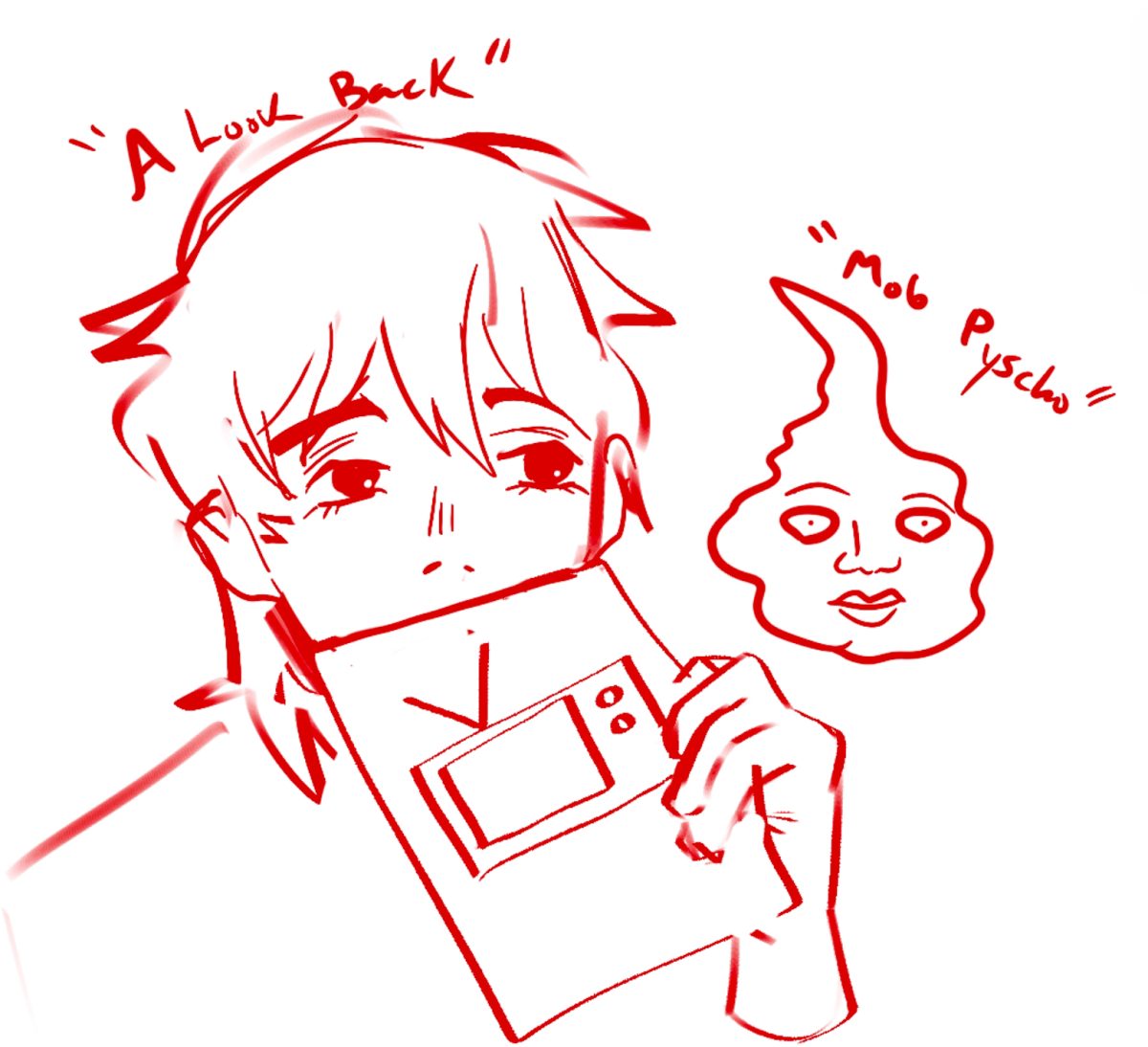
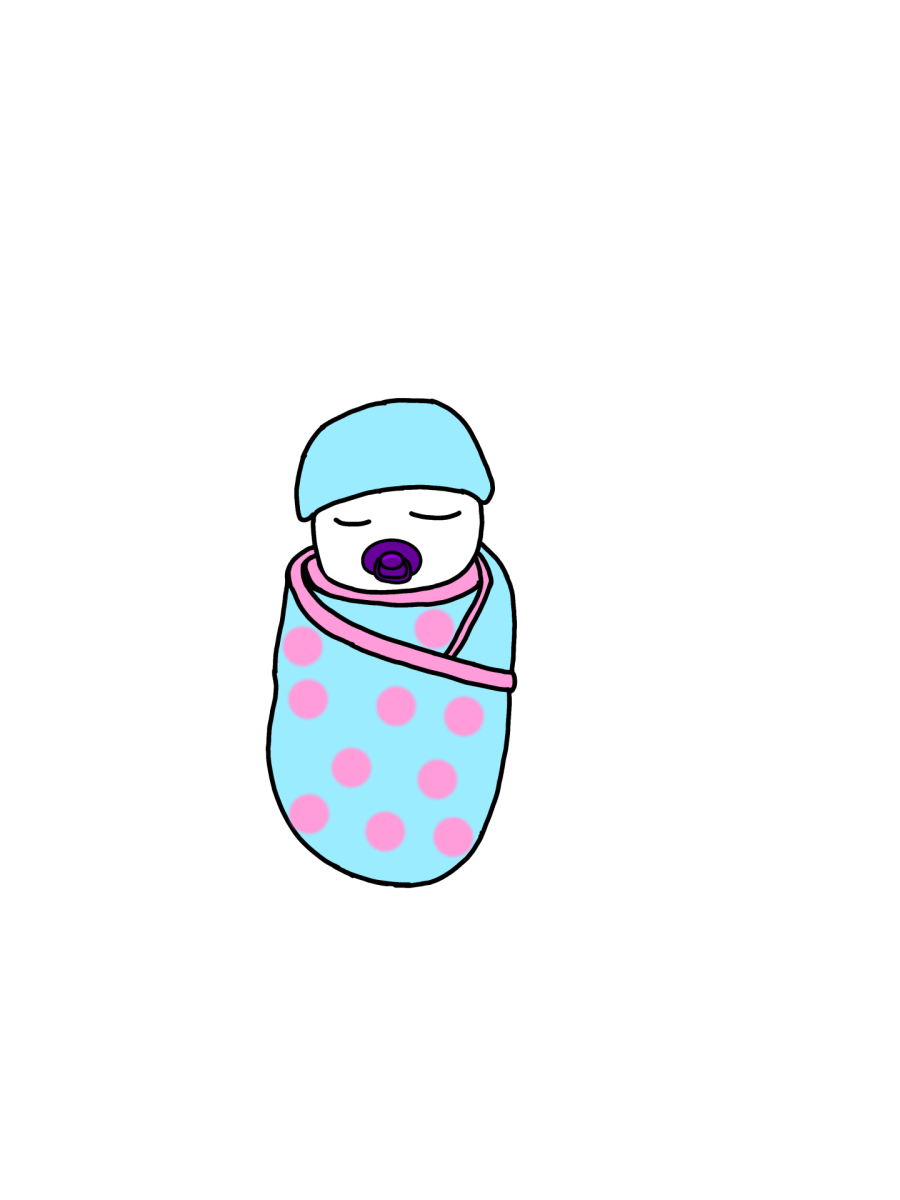
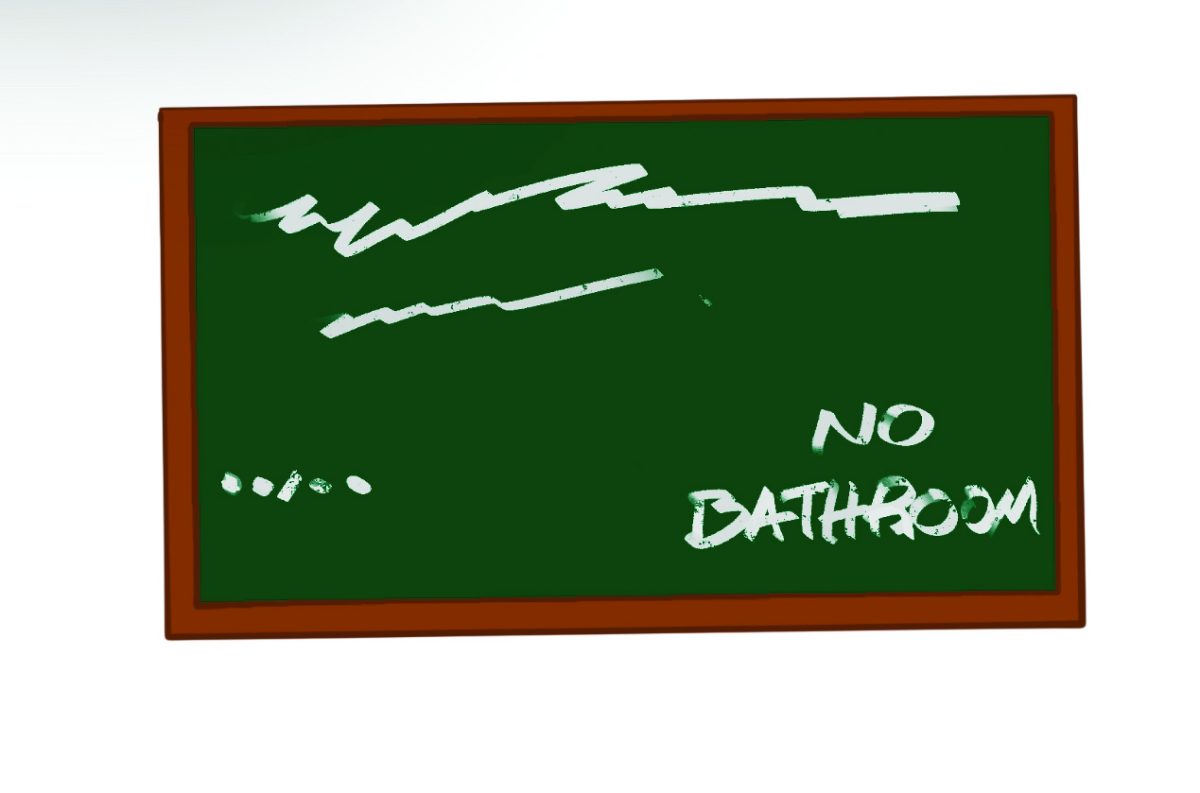
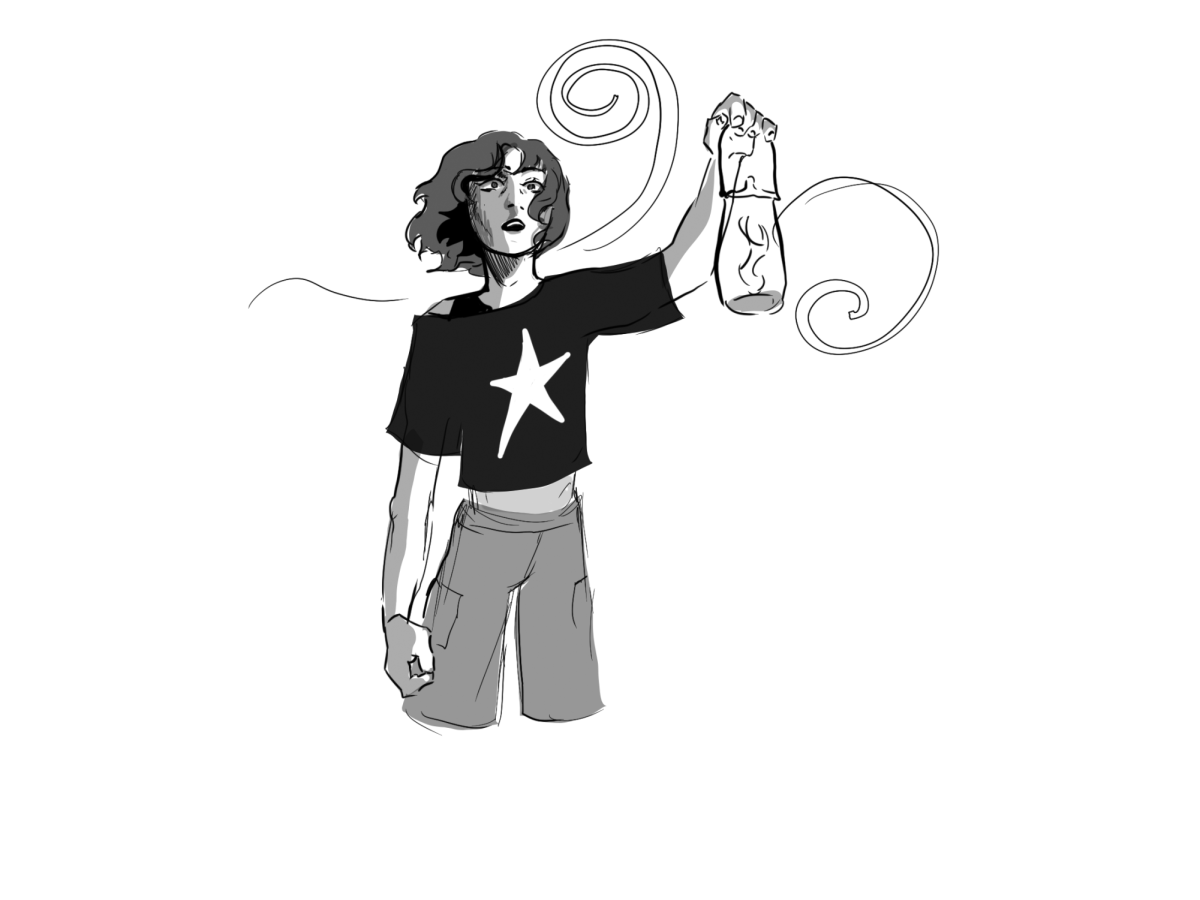
Kristina Morales • Dec 14, 2022 at 7:25 pm
Informative and insightful article! You know this is right up my alley! I’m absolutely fascinated with SCOTUS rulings!